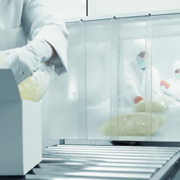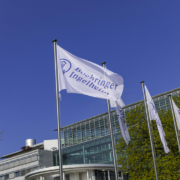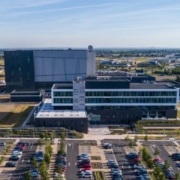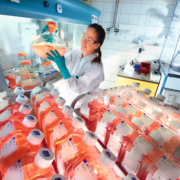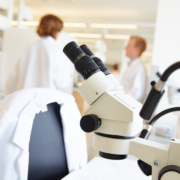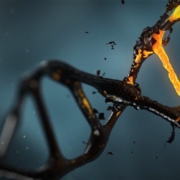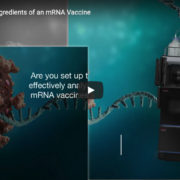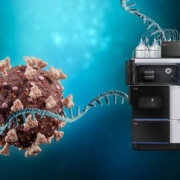By applying the expertise, best practice, and emerging technologies of the logistics industry, biotech not only prevents the missteps that can destroy its products, it can also capitalise on opportunities to get to new markets faster, safer and more cost effectively.
ADVERTISEMENT
The COVID-19 pandemic has demonstrated how vulnerable human beings and societies are to a new infectious disease, and how important the life science industry is to come up with diagnostic and therapeutic solutions.
Boehringer Ingelheim has acquired Texan biotech Abexxa Biologics Inc., further expanding its cancer immunotherapy pipeline.
Following the $39bn Alexion buy-out completed in July, AstraZeneca plc announced it will invest €307m in the company’s producion site near Dublin.
Bayer AG has joined forces with young Danish biotech Gubra ApS in a research collaboration and license agreement for the development of peptide therapeutics to treat cardiorenal diseases.
The Novo Nordisk Foundation is investing US$47.5m into a research collaboration with the Broad Institute of MIT and Harvard, intending to dive into the disease mechanisms of diabetes and obesity.
UK-based DNA synthesis specialist Touchlight Ltd has extended a funding round to a current aggregate total of US $125m.
Royal DSM is backing Meatable, the cultivated meat start-up, in order to develop growth media for cultivated meat.
mRNA technology has revolutionized vaccine development. What are the chemical components that make up a typical mRNA vaccine and what are their functions? What analytical testing can be done to support this?
CAD is a universal detector able to detect all non-volatile, and many semi-volatile analytes. This uniform response enables accurate quantitation of most excipients in a vaccine formulation.


